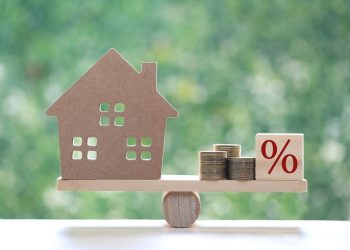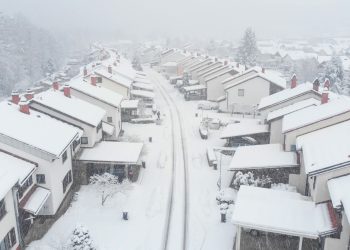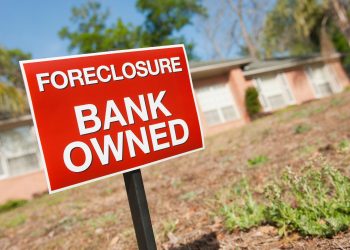Slightly under 5 million households did not make their rent or mortgage payments in Q2 of 2021, according to a new study by the Mortgage Bankers Association’s (MBA) Research Institute for Housing America (RIHA).
“Housing-Related Financial Distress During the Pandemic” reported that 8.6% of renters (2.86 million households) missed, delayed or made a reduced payment in June 2021, while 4.6% homeowners (2.19 million) missed their mortgage payment. Twenty-eight million student debt borrowers (44.8%) missed their payments as well, up from 26 million in March.
By the numbers:
– Slightly fewer renters and homeowners missed payments in Q2 of 2021 compared to Q1, but more renters and homeowners missed their June payment than their March payment.
– 2.86 million renters (8.6%) and 2.19 million (4.6%) mortgagors missed payments in June, up from 4.53 million households that missed payments in March (7.2% of renters and 4.5% of mortgagors).
– 11% of renters missed one payment over the 15 months of the pandemic, while 4.4% missed two payments, 2.7% missed three payments and 6.8% missed four or more payments.
– Rental property owners lost as much as $7.10 billion in second-quarter revenue from missed rent payments—down from $7.48 billion in Q1.
– Over the five quarters of the pandemic, aggregate missed rental payments reached $41.7 billion.
– On average, in Q2, 9.7% of renters received permission from their landlord to delay or reduce their monthly payment (by week).
– 85.4% of mortgagors made all their mortgage payments, while 5.6% missed one payment, 1.9% missed two payments, 1.4% missed three payments and 5.7% missed four or more payments.
– On average in Q2, 15.5% of mortgagors received permission from their servicers to delay or reduce their monthly payment (by week).
– Total missed mortgage payments reached an estimated $10.8 billion for the second quarter ($12.2 billion for the first quarter).
– Over the five quarters of the pandemic, total missed mortgage payments reached almost $76.5 billion.
The takeaway:
Homeowners were the least likely of the three groups to miss a payment since the second quarter of 2020 and property owners continue to play a key role in helping renters, according to the report.
“Given the level of government support during the pandemic and the more recent improvements in the economy and labor market, it is quite possible that the observed levels of rental non-payments may be at or close to pre-pandemic levels,” said Gary V. Engelhardt, professor of Economics in the Maxwell School of Citizenship and Public Affairs at Syracuse University. “However, the recent rise in COVID-19 cases, and elevated inflationary pressures, could slow economic growth and hiring. These potential headwinds could also impact households still facing hardships.”












